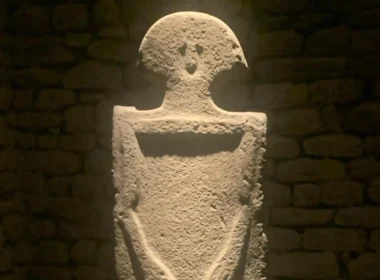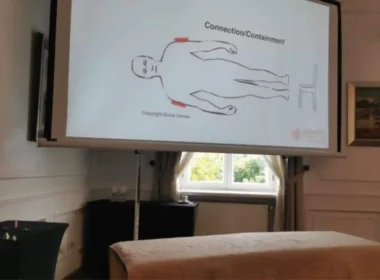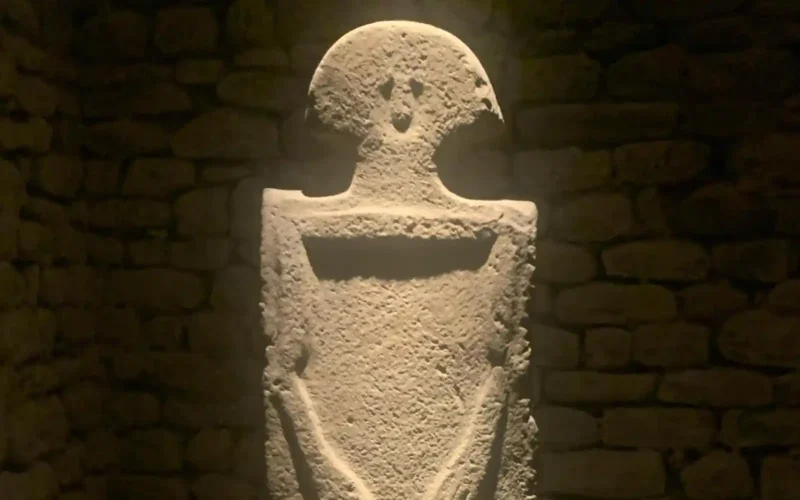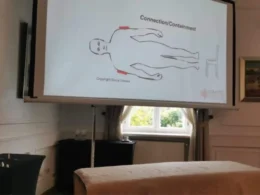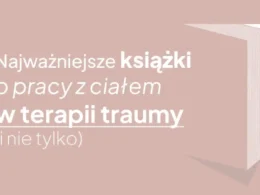We are not designed to be carefree. We only survived as a species because our ancestors were as vigilant as possible. The threat could then come from nature, another animal, another human. Vigilance has allowed us to bring human genetic material into the 21st century.
The vigilance we experience after trauma is therefore not new to us. On the contrary, post-traumatic vigilance is an enhancement of evolutionary strategies that have always accompanied our species.
So if you’re getting mad at your hyper-vigilant post-traumatic nervous system, remember that for our species, vigilance means life. After trauma, vigilance can help us not to enter a traumatic situation again. And although it is not always good for us, the nervous system does not play with us in nuanced strategies, because it always wants to protect our chances of survival.
Post-traumatic vigilance can take surprising forms, such as:
- fear of taking substances that alter consciousness (and even the most ordinary drugs) and hypersensitivity to changes in our well-being after them;
- fear (panic!) of anesthesia before surgery;
- inability to close your eyes;
- panic when we leave our glasses/hearing aid/or even a mobile phone somewhere;
- obsessive checking (on the Internet and elsewhere) for new friends, colleagues, lovers;
- loss of trust in people/medicine/insert any…;
- super sensitive to our body’s signals or facial expressions and gestures of our interlocutor/therapist/doctor, etc.
We cannot change this hypervigilance by willpower. It evolves (slowly) by intentionally directing our attention to signals of safety and choosing carefreeness. Sometimes it’s a lifelong task.
I invite you to listen to me about trauma in my podcast “Ładnie o traumaie”. This is knowledge we really need right now.



